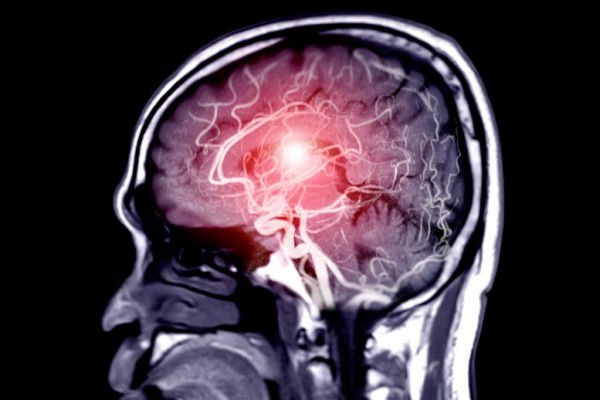Surprising New Information on How Salt Affects Blood Flow in the Brain
A first-of-its-kind study led by researchers at Georgia State reveals surprising new information about the relationship between neuron activity and blood flow deep in the brain, as well as how the brain is affected by salt consumption.
When neurons are activated, it typically produces a rapid increase of blood flow to the area. This relationship is known as neurovascular coupling, or functional hyperemia, and it occurs via dilation of blood vessels in the brain called arterioles. Functional magnetic resource imaging (fMRI) is based on the concept of neurovascular coupling: experts look for areas of weak blood flow to diagnose brain disorders.
However, previous studies of neurovascular coupling have been limited to superficial areas of the brain (such as the cerebral cortex) and scientists have mostly examined how blood flow changes in response to sensory stimuli coming from the environment (such as visual or auditory stimuli). Little is known about whether the same principles apply to deeper brain regions attuned to stimuli produced by the body itself, known as interoceptive signals.
The whole text:
https://scitechdaily.com/surprising-new-information-on-how-salt-affects-blood-flow-in-the-brain/amp/





Related Posts